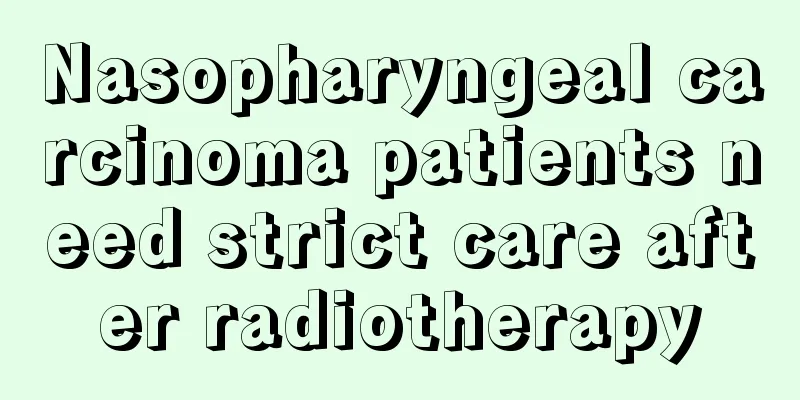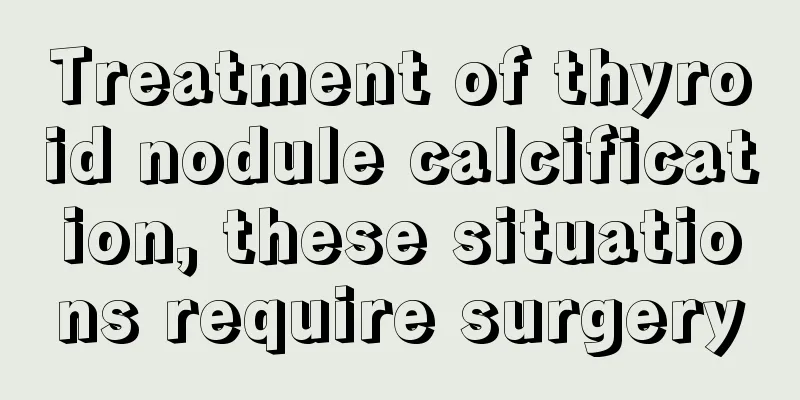Nasopharyngeal carcinoma patients need strict care after radiotherapy

|
Nasopharyngeal carcinoma is one of the most common malignant tumors. Currently, the main methods for treating nasopharyngeal carcinoma are surgery, radiotherapy and chemotherapy. However, many patients will receive radiotherapy as an auxiliary treatment after surgical treatment in order to avoid secondary recurrence or metastasis. However, during radiotherapy, nasopharyngeal carcinoma patients will experience a sharp weight loss, which is caused by many reasons. Since the radiation does not disappear from the body immediately after the end of your radiotherapy, it will last for about 1 month in the body. Therefore, during this period, you still have to insist on gargling your mouth. You can gargle with light salt water yourself, 4 to 5 times a day, or ask your doctor to prescribe some mouthwash. Because the nasopharyngeal mucosa is congested and swollen after irradiation, patients often have dry nasal mucosa, nasal congestion, increased and sticky nasal secretions, and severe cases may affect rest and sleep. You can use cod liver oil or compound peppermint oil to drip your nose 3-4 times a day to protect the nasal mucosa. It is best to learn the correct flushing method of a simple nasopharyngeal flusher and the commonly used liquids. The skin in the radiation field should not be scrubbed with soap, rough towel or hot water. Avoid direct sunlight when going out. If the skin peels, do not tear it or scratch it with your hands. After radiotherapy, it may cause dysfunction of the head, neck and mandibular temporal joints, and sometimes it may be difficult to open the mouth and the neck movement is limited. In order to prevent these complications, you should do some appropriate exercises according to your physical condition during radiotherapy, such as deep breathing, outdoor walking, and slow rotation of the neck back and forth. After radiotherapy, do mouth opening exercises, such as holding a small round plastic bottle or a smooth small log in your mouth, and massage the mandibular temporal joints. After the treatment, you can also go to the park or an open space outdoors to practice Tai Chi or stretch your muscles. The doctor will prescribe some necessary examinations, such as X-rays, blood draws, CT scans, etc. to understand the whole body. As for diet, be careful to avoid spicy and irritating foods, such as chili peppers, fried foods, etc. During radiotherapy, drink more water, such as American ginseng tea, carrot and water chestnut water, etc. American ginseng has the effect of clearing heat and replenishing qi. It can be sliced and rinsed with water, or used as an ingredient in soup. Clinical data show that scientific symptomatic treatment can increase the 3-year survival rate of patients with advanced nasopharyngeal carcinoma from 22% to 76%. Only early detection and early treatment can achieve satisfactory treatment results. In addition, diet and care should not be neglected during the treatment of advanced nasopharyngeal carcinoma. Patients should maintain a good mental and psychological state in order to achieve better results. |
<<: Nursing methods for nasopharyngeal carcinoma
>>: The post-care methods for nasopharyngeal carcinoma should be mastered
Recommend
Why are the pimples on my face hard?
Acne on the face can be a minor or major symptom ...
How to prevent tooth sensitivity?
When brushing your teeth in the morning, do you f...
How to maintain rose gold
Women are very fond of gold and silver jewelry, w...
How to dry clean your hair
Normally we wash our hair while taking a shower, ...
What are the early symptoms of lung cancer? 3 early symptoms of lung cancer
Lung cancer can be cured better if it is treated ...
What color is the pulmonary effusion caused by lung cancer? Usually red
Doctors can judge the characteristics of the dise...
Analyze what causes sudden heartache?
You must not ignore the sudden feeling of heart p...
What diseases should we be alert to when we have itching all over the body
The skin is the largest organ in our body. It pla...
How to treat lung cancer bone metastasis to stabilize the condition? It is recommended to use 3 methods to treat lung cancer bone metastasis
The early symptoms of lung cancer may not be very...
Can adults use the children's fever-reducing patch?
Colds and fevers are common diseases. If the feve...
Will nasopharyngeal cancer cause high intraocular pressure?
Will nasopharyngeal cancer cause high intraocular...
Lung cancer patients in the late stage have severe wheezing. What medicine is suitable for the treatment?
When patients with advanced lung cancer experienc...
Liquor alcohol content measuring instrument
The alcohol content of liquor is much higher than...
The difference between spicy and hot
We often use "spicy" to describe a food...
Risk factors for colorectal cancer
Intestinal cancer is a common tumor disease that ...









